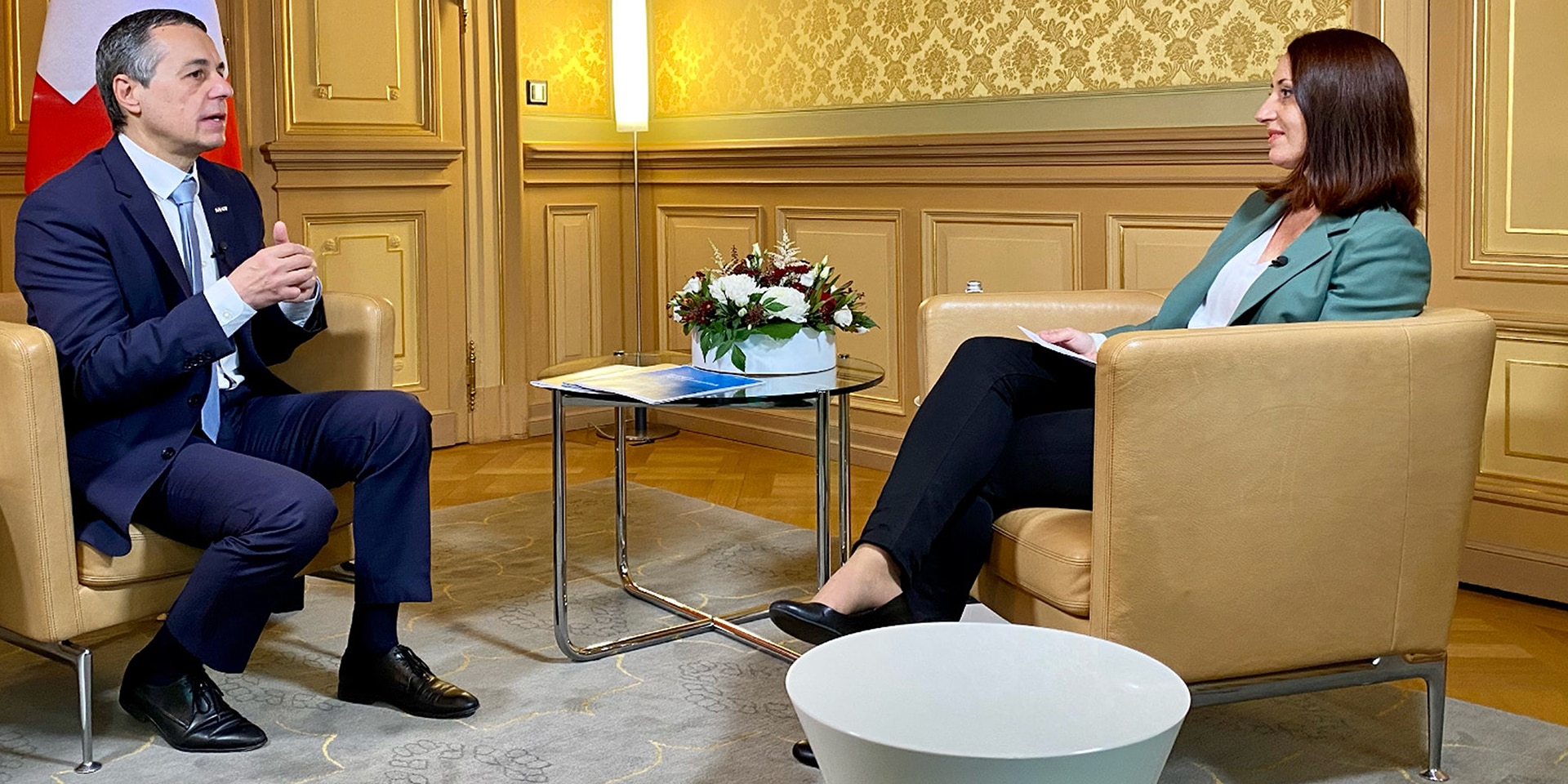Digital governance

Establishing a new system of global governance to regulate the use of digital technologies throughout the world is a complex task. Ideally, all countries should be able to agree to comply with specific rules and standards – which would be legally binding – to guarantee proper conduct and respect for the interests and needs of everyone. That said, although a new legal framework would undoubtedly be effective, there is also a need to seek a more flexible approach to digital governance. This is the route that Switzerland has opted for. Without wanting to over-regulate digital technologies, the federal government primarily intends to apply the existing provisions of international law to the digital space rather than create new ones. It is therefore advocating a moderate and measured position.







